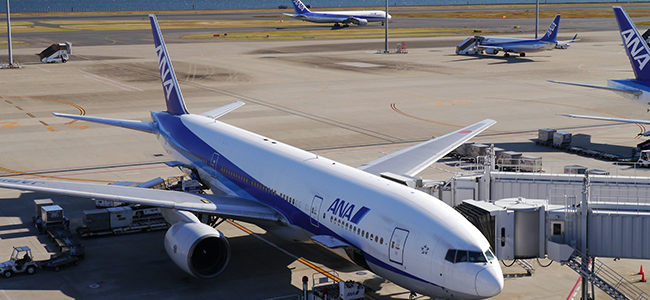
Business Mileage Logs
Posted on 10 September 2016
The R’s were a married couple. He was a professor at a college 470 miles from their residence. She worked part-time at her mother’s farm. On their income tax return, he deducted on Sched. C mileage related to his “educational services” business. She listed on Sched. F mileage related to her part-time farming job, such as driving to look at equipment and attending auctions to buy livestock.
The IRS denied both of their mileage deductions.
To substantiate the mileage deductions, the taxpayers offered several logs. But both the IRS and the court rejected the logs. His logs had dutifully recorded trips from his home to the college but did not include any descriptions of the business purpose of any of the trips or the names of clients he met with. A mileage log that does not give the business purpose of a trip does not meet the regs’ minimum requirements. In addition, the court concluded that the logs were not prepared contemporaneously with the trips but instead much later, in anticipation of the trial. The court concluded that the trips were simply his commuting from his residence to his job—costs that are not deductible.
The wife’s logs were also inadequate because instead of listing the business purpose of each trip, they gave only a general purpose, such as “harvesting” and “logging.” Her logs also failed to mention the clients or stores visited. [Renner v. Comm., T.C. Memo 2015-102]
AIPB tip:
A log of business mileage must list for each trip the time, place and specific business purpose of the travel (“sales call,” “solve customer problem with widget,” etc.) —a general description is likely to be rejected. Equally important: a mileage log should be prepared contemporaneously. The more time that passes between a trip and recording it in the log, the less credible it will be.
The 2016 standard mileage rate for transportation or travel expenses is 54 cents per mile for all miles of business use (business standard mileage rate).




